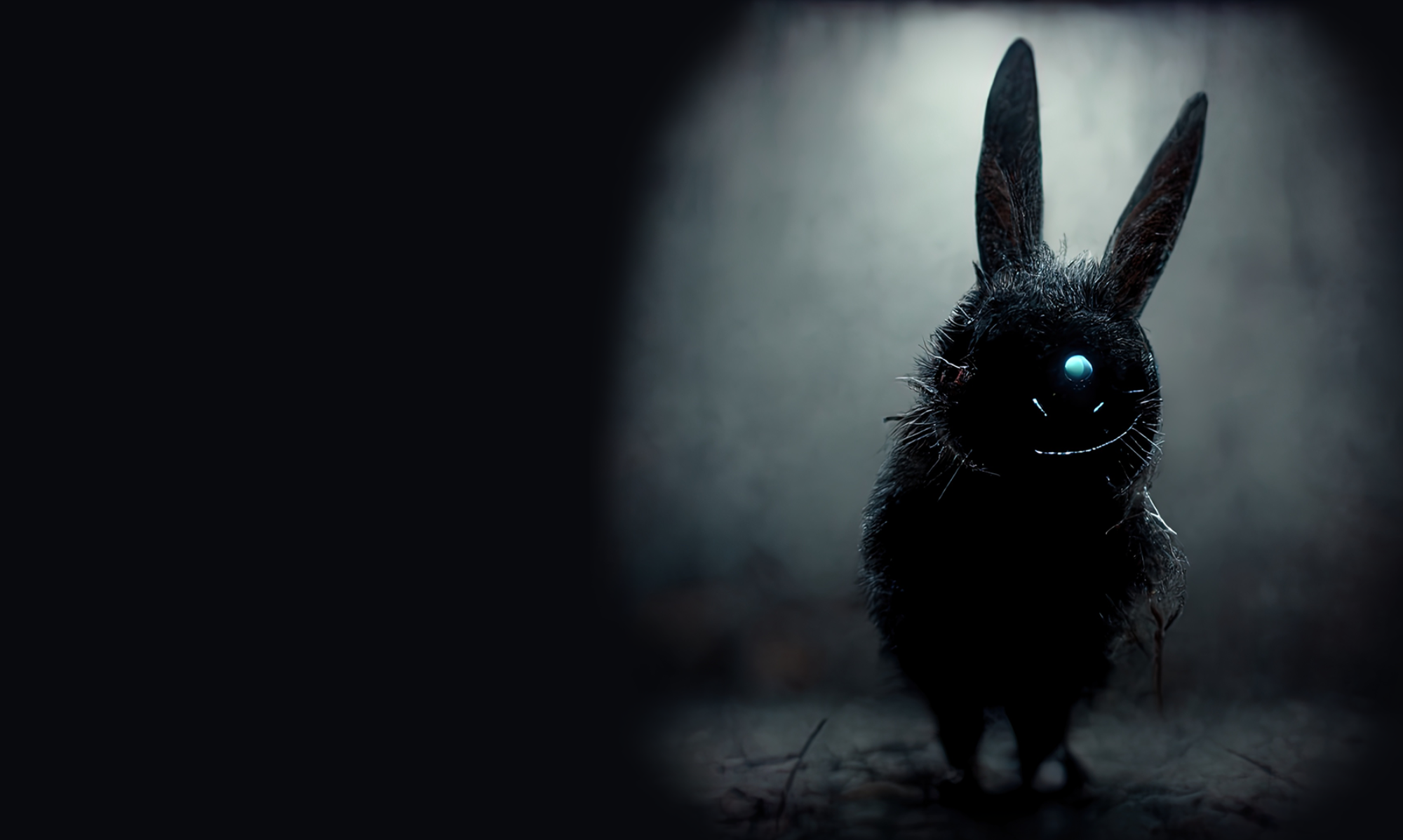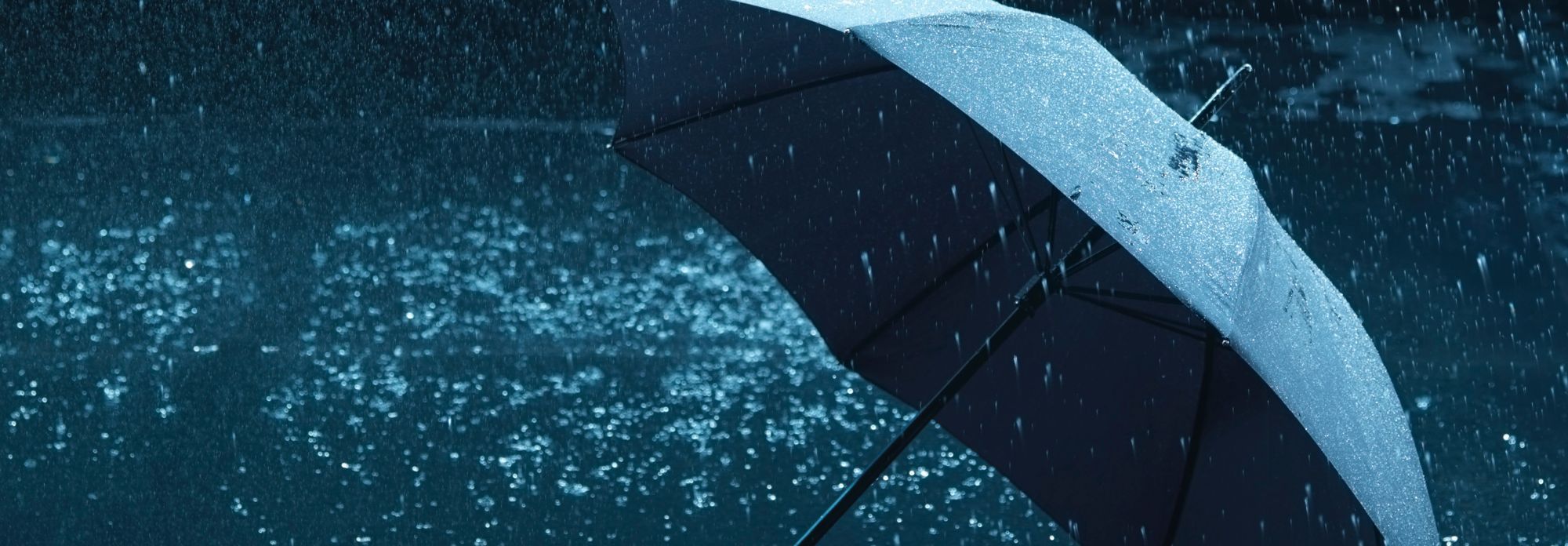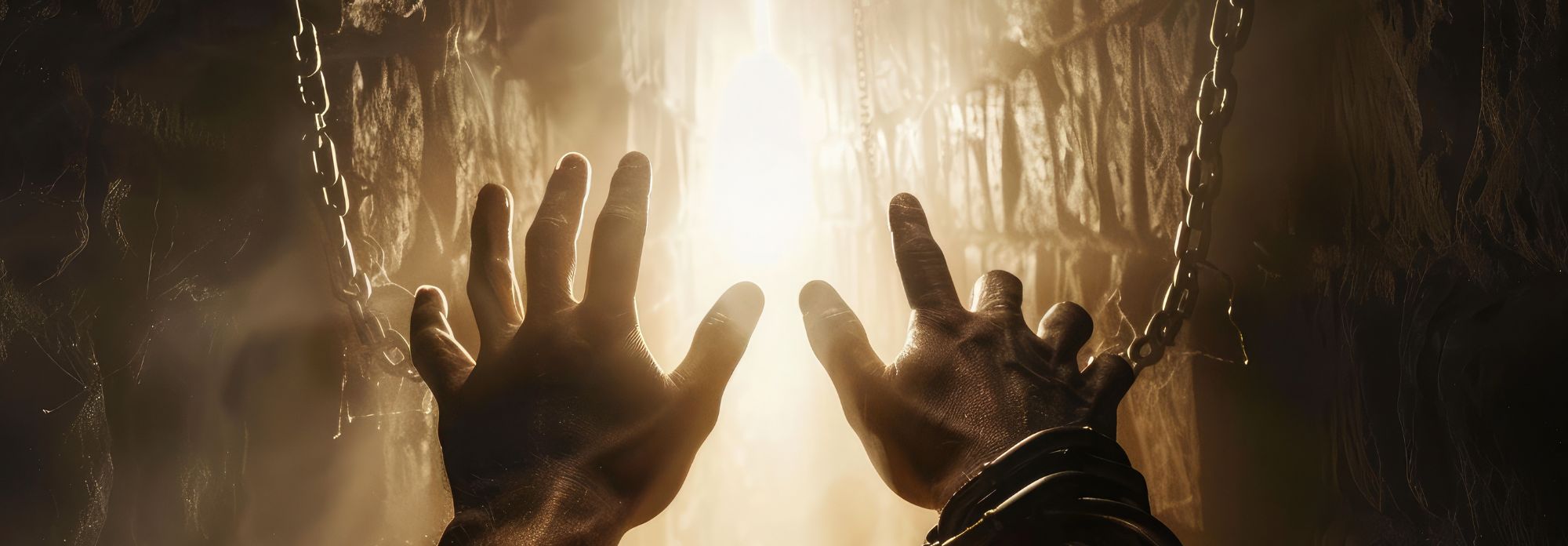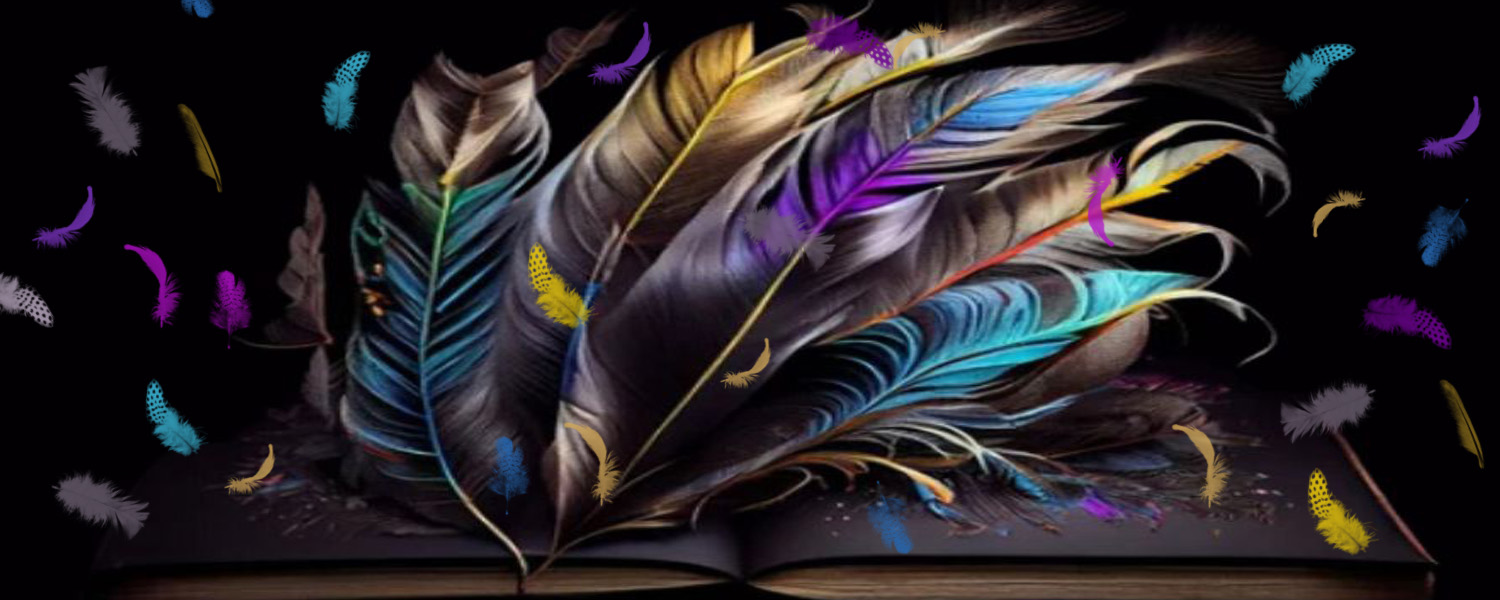The sidewalk lights were dim and dingy, reminding her of Victorian gaslights against the stark contrast of the cold fluorescent lights from the glass doors of the police station. From here, the lobby of the station looked too much like a convenience store for her peace of mind. Though the stark lights did some strange things to the figure approaching her, his shape was unmistakable. “Jack?”
In the soft afternoon sunlight in the park, Jack Trowell had always seemed like a fatherly sort of figure, handsome despite the thinning hair. More than anything, he’d reminded her of the actor Clark Gregg. Here in the shadows, though, the high forehead and deep-set eyes seemed pale and sunken, and though he stood tall and thin, he seemed more a grandfather than a father—the kind you were always intimidated to visit. He briefly looked over his own shoulder, though, and, as he turned back to her, his smile was just as kind as ever. “I thought you might need someone to walk with you.”
“How did you even know I would be here?”
He stepped up next to her as the little man flashed on the crossing light, and he waved the question away as they stepped into the street, which was not terribly busy. “Why were you there, anyway?”
“I needed to give a statement. Enrique and I found one of my downstairs neighbors in his apartment. Heroin overdose.”
“That’s not an easy thing to see.”
“It’ll be harder to tell my mom. She’s been trying to convince me to move out of North Hollywood for a while now, but I can’t afford the kinds of places she keeps mentioning.”
Jack paused, and she realized they’d stopped in front of his car. “You need a minute to clear your head? There’s a story I think you ought to hear, if you’re up to it.”
“Jack, why did you come to pick me up?”
He unlocked the passenger door, using a key without a fob for remote entry. “You remember my old friend Rex?” She nodded as he got the door open. “He did the same thing for me several years back.”
***
They sat just below the north lawn of the observatory, on the steps of a concrete staircase. It was deserted that time of night, with the exhibits closed, though they could see crowds in the parkland, crowding for pictures with the Hollywood sign in the background. Jack had suggested they stop at Yogurtland, so she was digging a banana slice out of her peanut butter yogurt as she realized things were starting to feel normal again. “So Rex picked you up from the police station back in the day?”
“No, he met me at Cedars-Sinai. I’d been two cars behind a traffic accident and helped set a lady’s leg. She asked me to stay with her in the ambulance. But she didn’t make it either.”
“From a leg injury?”
“From a concussion. She had hemophilia B and died of intracranial hemorrhaging.”
“I’m so sorry.”
“It was rough, to be the witness to that, but at the same time, I hadn’t known her before that day.”
She scraped out the last of the yogurt, unsure if she could look him in the eye. “But the doctors told you about her hemophilia?”
He sighed. “Rex did. Right before he told me the story I’m about to tell you.”
That got her to look, and to stare. “It’s, what, an inspirational fable?”
He smiled, dropping the plastic spoon into his own yogurt cup, but the smile faded as he straightened back up. “No, it’s about his wife.”
“I haven’t heard you mention her before.”
“I never knew her. I met Rex when he was a widower. When Rex told me this story, it was more than I’d ever known.”
Reggie grabbed his cup, dropped it into her own, added her spoon, and set them down on the sidewalk one step up. She wiped her hands on her jeans and took a deep breath. “All right,” she said. “I’m listening.”
“Her name was Sarina, and she was from Russia. Arkhangelsk.” He popped his knuckles, trying to remember the story as it had been told to him. “Rex stayed busy. He was on call with the LAPD, but he also spent a lot of time as an expert witness, and he did some teaching work, too, so he usually worked 9-5 or better. He always felt bad that he had this ‘exotic treasure,’ he called her, waiting at home, but I guess she had a circle of friends. He just never got to know them.
“Everyone gave him a hard time, visiting Russia and bringing home a ‘mail-order bride,’ but when they met her, they said she had the bearing of a lost princess, that she was otherworldly. Rex got stuck on that word. He said she lived in a different world, that he maybe hadn’t really known her at all while he still had her.
“One night, he’d been late at the medical examiner’s office, so it was close to eleven when he got home. There was a car in his driveway, one he’d never seen before.”
Jack took a breath. Rex hadn’t taken long to choke up when he’d told Jack this story, though he was abbreviating for her sake.
“When he got to the door, he could tell something was wrong. There was a lamp on in the living room, but the shade had been knocked off. There was a hot, smoky smell in the air, and a thick coppery smell. At first he thought it was his own scent, that he’d brought home the smell of the medical examiner’s office, because it smelled like blood. But then he saw someone in the chair at the far end of the room.
“He said she’d looked like Billie Holiday, and she even seemed dressed like she might have been a jazz singer at a Harlem club, except the dress was an even older style, like a flapper from the ’20s. Her head was back, her dress had turned black with blood, and there was a hole in her chest, right over her heart.
“He’d said there were coins over her eyes, little copper coins like pennies, and at first, he assumed they were kopecks, Russian pennies, but by the time he’d told me this story, he’d long since remembered that he could recognize the Cyrillic alphabet, and these were inscribed with something else entirely.
He and I wound up visiting a rare coins exhibition at the Getty.
He found one there. It was an Abyssinian ghersh.”
“Abyssinian as in Ethiopian?”
“Before it was called Ethiopia. There was one coin on each eye, both with a five-point star carved into the surface, right on top of Menelik II. He knew the blood was old, but he still checked to see if there might be a weak pulse, until he noticed another body on the floor.
“The second was a man, Hispanic, probably the same, though it was hard to tell at a glance. They were maybe in their early forties, if he had to guess, the same age as he was, and Sarina. The man was in a military uniform, though he couldn’t place the color. It was an antique, like a reenactor’s uniform. A colonel’s uniform from the Mexican-American War. There was a walking stick in two pieces on the floor; it had been broken over his head and tossed at him after he’d been shot in the back. There was a pool of blood on the hardwood, but it was tacky and going brown.
“Rex called out for Sarina, and he ran to the kitchen, but he didn’t find her. He ran upstairs, praying she’d had the good sense to lock herself in the bedroom when this had happened, but hoping she hadn’t been there at all. The bedroom door stood open, and Sarina wasn’t inside.
“Instead, there was a third body. He was fresh-faced, Korean, and the only one in contemporary dress. He looked like he could have been a record executive, or just a Miami Vice fan in a pastel suit, except for a sword—he swore it was an actual medieval-style broadsword—that pinned him to the bed through the chest. His hands were covered in small cuts and blood, like he’d tried to grip it and get it out before he’d been shot in the forehead.
“Rex had seen hundreds of dead bodies, but something about this one—the incongruity of it, the fact that it was in his own bed, the fact that he didn’t know where his wife was—he bent double and vomited right there in the doorway.”
Reggie reached over and patted Jack’s hand. “Where was Sarina?”
“He went back downstairs and had punched in ‘9-1’ on the kitchen phone when he heard a noise in the dining room. He called out Sarina’s name, and went running through the doorway, and Sarina was sitting at the head of the formal table. There was a gun on the table and blood on her hands. She was drinking wine, and more than anything else, that struck Rex as odd. It’s not that she didn’t drink, but she always drank properly. She was a formal hostess, and even when she was alone, she always used the proper glass for the proper wine. But now, she’d upended half a bottle of pinot noir into a brandy snifter, and the bottle was empty, rolled against the centerpiece. It had rolled over a deck of playing cards, though there were far too many, and in suits he couldn’t recognize. They were dealt up, arranged, smeared with dripped wine and with blood, though he didn’t think the blood was hers. She shook, in shock maybe, but not weak. She had never been weak. He didn’t realize he’d been holding his breath until he saw her there, tears in both their eyes, and started breathing again.
“‘Are you okay?’ he’d asked her. ‘Have you called the police? Were you here when it happened?’
“She’d looked back at him and asked, ‘How do you do it? How do you live in a city like this, and see all that you see, day after day? Year after year?’
“‘Sarina, you’re not making any sense. Do you know who those people are?’
“‘They’re like me, Rex. They see. They watch. They listen. Three million messengers, and someone has to listen. No one can keep doing this, moi kotyenok.’
“‘Who are those people, Sarina?’
“‘They would have taken my place. Now it is no longer their burden. All these messages—I do not understand, kotyenok, how you can do it, in this, of all cities.’
“‘I don’t know what you mean,’ he said, starting to weep.
“‘You will see,’ she’d said, and she put down the empty wineglass, then picked up the gun. ‘I wish to God you did not have to see. In other places, we watch for centuries, but here, in this city, you see centuries all in one lifetime, and it is too much.’
“‘You’re talking about the two people in the living room? The one upstairs?’
“‘Those of us here,’ she sobbed, ‘we did not make the time to do this. We watched in our shifts, one after another. I could not let another do this alone. I could not let another do this at all, but I know now that all I have done is change the game we play.’
“‘Sarina, you’re scaring me. I don’t know what you’re thinking, or how you think you know any of it—’
“‘I’ve seen it!’ she cried. ‘Promise me, Rex, you won’t keep watch for too long. Someone else will find you—you make sure you find them while you have time to go away and find rest. Don’t just watch—watch for people like these. Hear the stories together.’
“He took a step forward, but she cocked the hammer of the gun, and it stopped him in his tracks.
“‘Prostii,’ she said—‘forgive me’—and then she raised the gun to her chin.”
“She’d done it?”
“That’s what the police determined. Rex had been taken in for questioning, but the police themselves were his alibi, and they did a residue test that verified he’d never fired a gun in his life.”
For a moment, they sat in silence, unsure of what to say. “Why did he tell you that?” Reggie finally turned to look at him. “The night of the traffic accident, why did he think you needed to hear that story then?”
“Because it was time for him to find someplace quiet.” Another moment passed, then he sighed. “Four million messengers throwing their stories into the void. You’d think there would need to be somebody out there just to listen.”
“And so, you’re telling me—”
“Because this is my city, and I need to know there’s someone watching over it.”
***
Jack’s car chuffed as it pulled into the parking lot of Reggie’s apartment building. She had been eager to get out and walk Enrique, but she paused before she shut the door. “Thank you again for the yogurt,” she said. “Actually, just one second. I have something for you.”
“Something else?”
He’d turned around, rooted in the back seat, before coming around with a paper-wrapped package. “I know you don’t play, but you’ve got time to learn.”
She unwrapped it, finding a chess set. The board looked handmade, burnished squares on top of a small wooden cabinet. She opened a drawer to find the pieces shaped like Moai. “Wow, Jack. It’s beautiful.”
“I’m glad you like it, Reggie. Have a good night.”
She almost shut the door, then she bent back down to look him in the eye. “Where are you thinking about going to look for someplace quiet?”
Jack smiled. “Chile. I hear Easter Island is nice.”
***
When Reggie had graduated and gone on to publish a study on the Moai that landed her a job teaching undergrads herself, she kept up her daily walks in the park, though, more and more, she’d found herself just going to the dog park with Enrique, and walking by herself at Griffith Park. Griffith Park was mostly tourists and students, so there were few regulars, but their attitudes and their stories were familiar, nonetheless.
More often than not, she would sit on that same concrete step and grade exams, re-reading student essays, using a playing card as a bookmark. She kept the two of spades in the box with the chess set—she’d set a few of her treasures in there for safekeeping—and she had asked Jack to rewrite “Come and see” on a five of diamonds.
When Reggie was 43, she’d just set a notebook full of student papers to one side when a gust of wind caught it, scattering one term paper down the hill. She’d snatched the notebook back up before going to chase down the papers, but as she hit the bottom of the staircase, she nearly ran into a South Asian man.
Her first impression was that he was clearly a club kid—he wore almost all black, even in April, with a military-style jacket over a slubby workout shirt with a cut-out scoop neck, showing off the prominent collarbone of the underweight. He wore bulky earmuff headphones around his neck, though she couldn’t tell if they were plugged into anything. He had gapped earlobes and a red patch on the left shoulder of his jacket. “Is this yours, ma’am?” he asked, holding out a loose arrangement of papers.
She leafed through them—the whole missing paper was accounted for. “It is, thank you so much.”
“It looked like a college paper. I thought it might be important.”
She smiled. “Are you here with a school group?”
“Community college in West Covina,” he said, shrugging. “I’m hoping to save up to be able to transfer someplace with a good four-year program.”
“Film student?” she guessed.
“No, I was thinking cultural studies, maybe literature? I don’t know—mostly I DJ.”
“You DJ?”
“Yeah, that’s how I save up. They call me DJ Ace.” She must have laughed a little, because he shuffled his feet, and his ears went a little red. “It’s ’cause my name is Ashray. I know ‘Ace’ is not exactly original, but nobody’s looking for the next big EDM star when they hire somebody to spin an office party in the San Gabriel Valley.”
“No, I guess not. Still, it’s good to meet you. My name’s Reggie—Regina Diamante.”
He smiled and shook her free hand as she shifted the papers to the same hand as the dog leash. “Good to meet you too.” She nodded to the dog, and they stepped back up onto the North Lawn, before Ace called out after her again. “Oh, this was down the hill, too, is it yours?”
Reggie turned to see him pull the five of diamonds out of his back pocket. “You can just hang onto that,” she said with a smile.
“What does this mean, though? ‘Come and see’?”
“You seem like a smart kid. I’m sure you can figure it out.”
She hadn’t gotten five steps when she heard the kid calling after her. “If I figure it out, will you be here to tell me I got it right?”
“Every weekend at least, unless I’m at Dodger Stadium. You ever get to a game?”
“Not yet,” he said as she turned back to look at him.
“That’s a shame.”
“Are you really here every weekend?”
“Best view in the city, and somebody’s got to be watching out.” She smiled and started for the car one more time. They’d almost hit the end of the lawn when she heard Ace call out “Revelation 6.”
She smiled, but didn’t turn around. Instead, she just called back “I thought you seemed like a smart kid. Next time, maybe we can talk about scholarships.”
As she strode off toward the car, she found herself thinking about where she might go looking for her own quiet place. In her Polynesian studies, she’d started thinking New Zealand sounded nice.
It wouldn’t be anytime soon, of course. They would watch together for a while.
But New Zealand seemed like a nice place to walk, with plenty of fresh air.





















